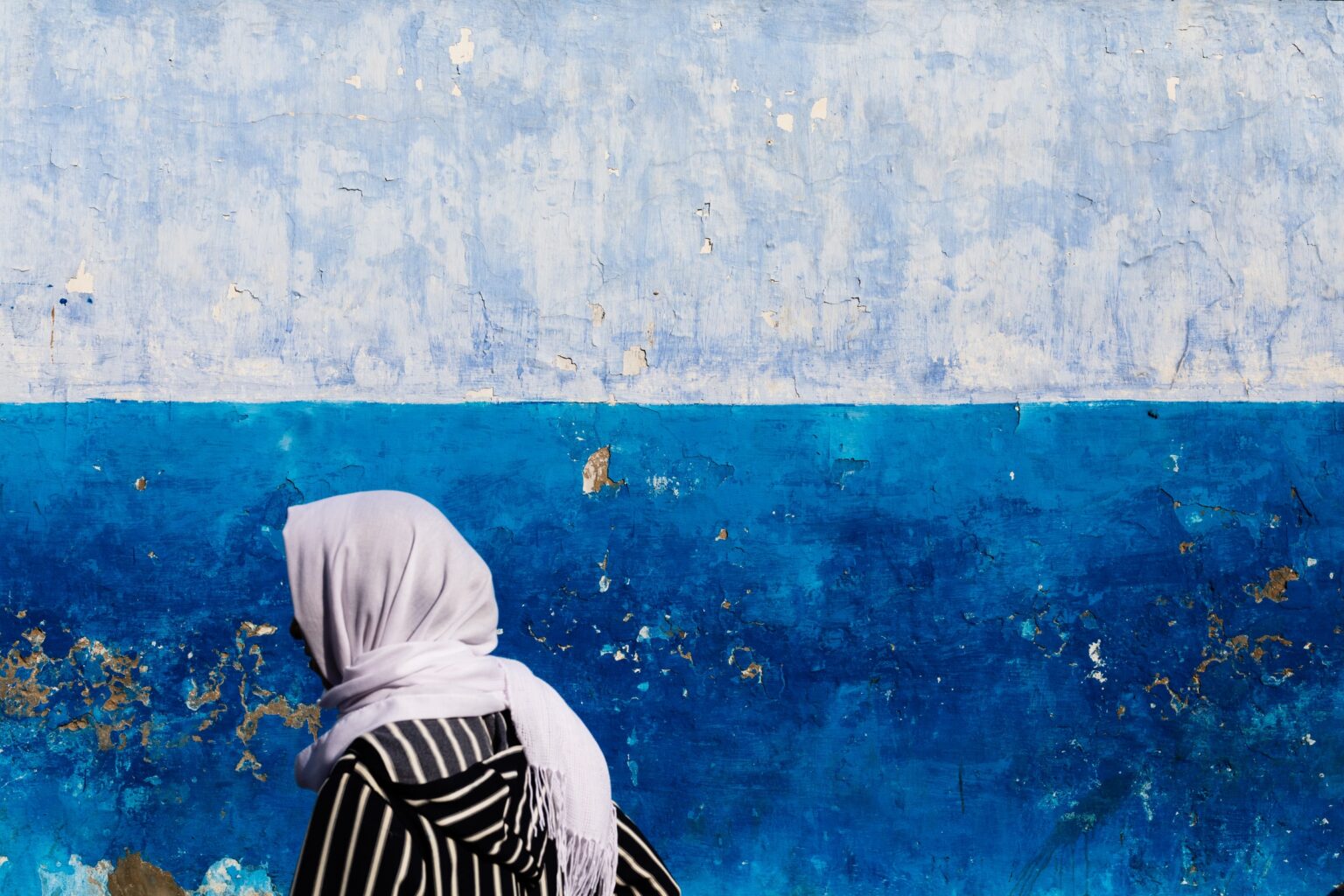The Diotima Centre strongly supports the political decision to abolish the compulsory application of Sharia (sacred Islamic law), which has been a necessary reform for decades and a constant demand of organizations dealing with human rights and the safeguarding of gender equality.
Its implementation will be a very important development in the field of the rights of the Thracian minority and will be a catalyst for the removal of oppressive conditions and restrictions on the exercise of women’s rights in the region.
Until now, and in the absence of procedural guarantees of a fair trial, the referral of the relevant cases to the jurisdiction of the Mufti has been a significant barrier to the rights of women in the region, particularly: in matters of divorce and the conditions for its issuance, custody issues based on the best interests of the children, issues of wills with respect to the will of the deceased regarding the fate of his/her property, etc.
By referring family and inheritance cases to civil courts, not only the female part of the population will benefit, but the constitutional right of equal access to justice for all citizens will be ensured.
The right to self-determination is thus enshrined, without exceptions and confinement, in special regimes.
A further issue that arises and is part of the wider debate in the contemporary Western world concerns the involvement of the religious factor in matters of social life, which (should exclusively) be regulated by the state.
We hope that in the coming period, in view of the forthcoming Constitutional Review, the distinct role of the Greek state from the representatives of all religious denominations will be clarified, in order to restore the rights of all citizens (men and women) residing in Greece.





